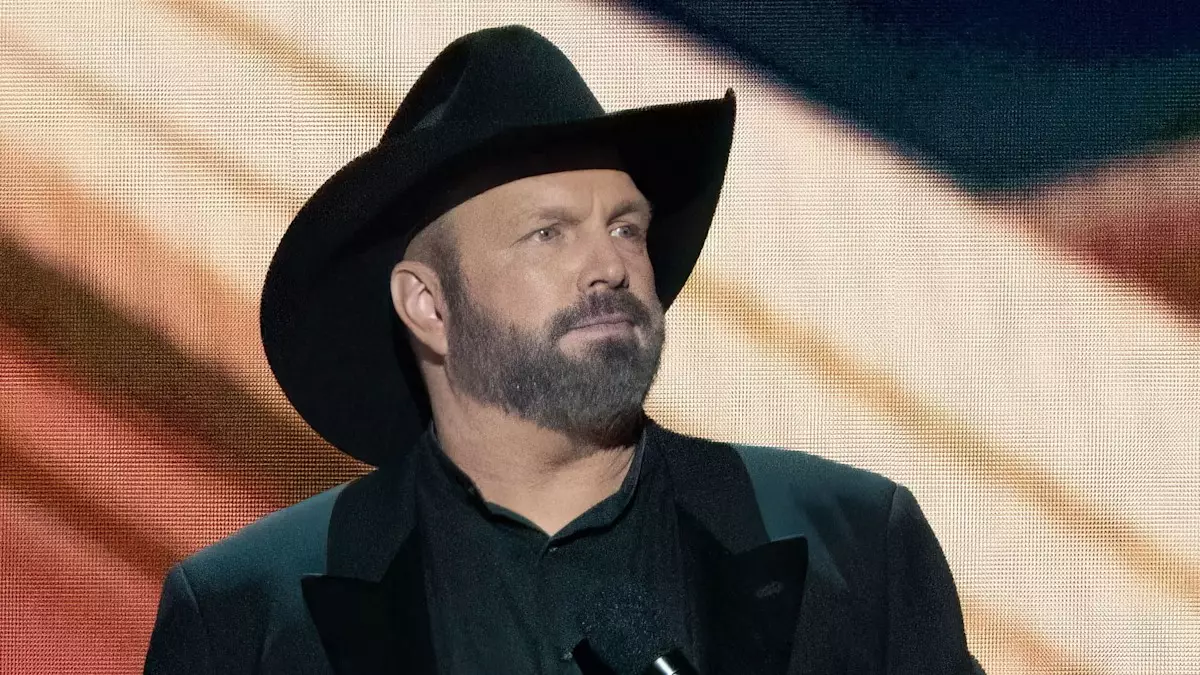Under Maintenance. Please watch BB Live on Stream 1.
Please refresh this page if the live stream stops.
This will reactivate and resume the live stream.
In a surprising turn of events, renowned country music artist Garth Brooks finds himself amid serious allegations brought forth by an unnamed plaintiff referred to as Jane Roe. This controversy has sent shockwaves through the music industry, raising significant questions about the implications of such substantial allegations, particularly regarding the dynamics of power and consent in professional settings. The unfolding legal battle not only affects Brooks’s public image but also surfaces broader societal issues related to sexual misconduct.
The lawsuit, filed against Brooks, contains a plethora of serious accusations leveled by Roe, who once served as his hairstylist. The claims date back to 2017, when Roe alleged she was subjected to disturbing behavior from Brooks, culminating in an alleged incident of rape during the 2019 Grammy Awards weekend. Roe characterizes Brooks as a man who concealed a darker persona that he revealed in private, suggesting that the environment of their professional relationship shifted dramatically. This transition speaks volumes about the power dynamics that often exist in employer-employee relationships, particularly in celebrity culture, where the lines can easily blur between professionalism and personal intrusion.
Brooks’s alleged inappropriate behavior reportedly included discussing sexual fantasies and unwanted physical exposure. Roe claims that during their interactions, she felt increasingly uncomfortable, leading to her describing the situation as one where escape from Brooks’s alleged physical dominance was impossible. Such claims position the narrative of the alleged events within a startling context—one where power, vulnerability, and the potential for coercion become focal points for examination.
In light of the accusations, Brooks strongly denied all allegations, asserting that he has been victimized by extortion tactics. He presented his stance through a public statement, wherein he described the experience as akin to being threatened with a loaded gun. He maintained his innocence and expressed profound sadness that he is being characterized as someone capable of such heinous acts. His declarations highlight the emotional turmoil that often accompanies public allegations: the potential ruin of not only a career but also personal relationships and family life.
In addition, Brooks filed a preemptive lawsuit against Jane Roe, seeking to prevent the dissemination of what he deems false allegations. This legal maneuver raises the question of whether it is a genuine protective measure or a calculated attempt to suppress damaging narratives. By labeling Roe as a “lying extortionist,” the lawsuit seems to allude to a desperate effort to reclaim a semblance of control over his narrative.
The legal battle unfolds against the backdrop of an evolving cultural dialogue surrounding sexual misconduct. The reaction from Roe’s legal team emphasizes the need for accountability in all sectors, including country music, which historically may not be scrutinized with the same intensity as other genres such as pop or rock. They encouraged other potential victims to come forward, advocating for a culture where survivors feel empowered to speak out rather than remain silent, which can potentially catalyze a significant societal shift in addressing these pervasive issues.
The implications of this case extend beyond Brooks and Roe; it represents a reflective moment for the broader entertainment industry. For many, the question arises: how do we establish a safe environment for all professionals, particularly in settings where hierarchy significantly influences interactions? This case forces introspection about the practices ingrained within various workplaces and the necessary steps to protect individuals from sexual exploitation.
Garth Brooks’s current predicament not only threatens to overshadow his remarkable contributions to country music but also serves as a catalyst for broader discussions regarding allegations of misconduct, public persona versus private behavior, and the complexities tied to power dynamics in seemingly benign relationships. Regardless of the outcome, this case underscores the necessity for continuous conversations surrounding accountability and respect across all sectors, especially in industries profoundly shaped by celebrity culture. It remains to be seen how this unfolding saga will impact Brooks’s legacy and potentially influence the evolution of workplace ethics within the entertainment realm. As the case progresses, it will undoubtedly reignite dialogues about consent, vulnerability, and the imperative to create safer spaces for all individuals in professional settings.

